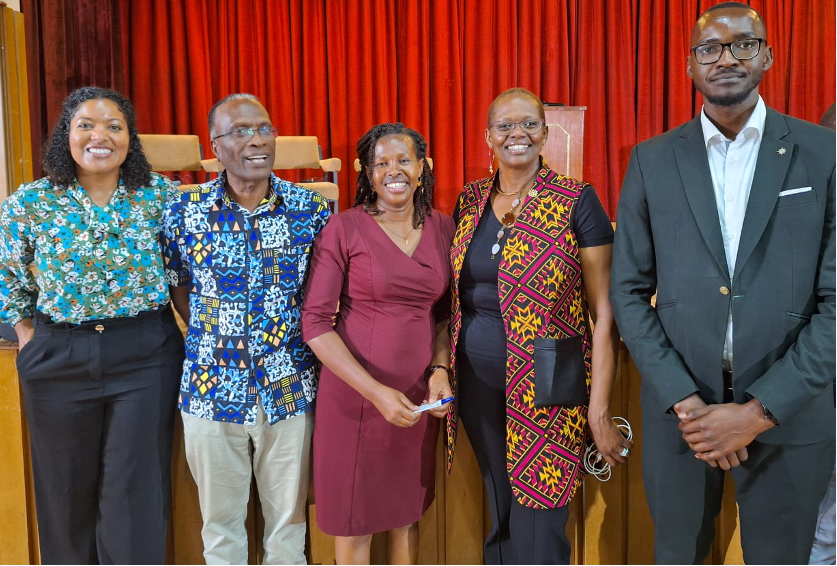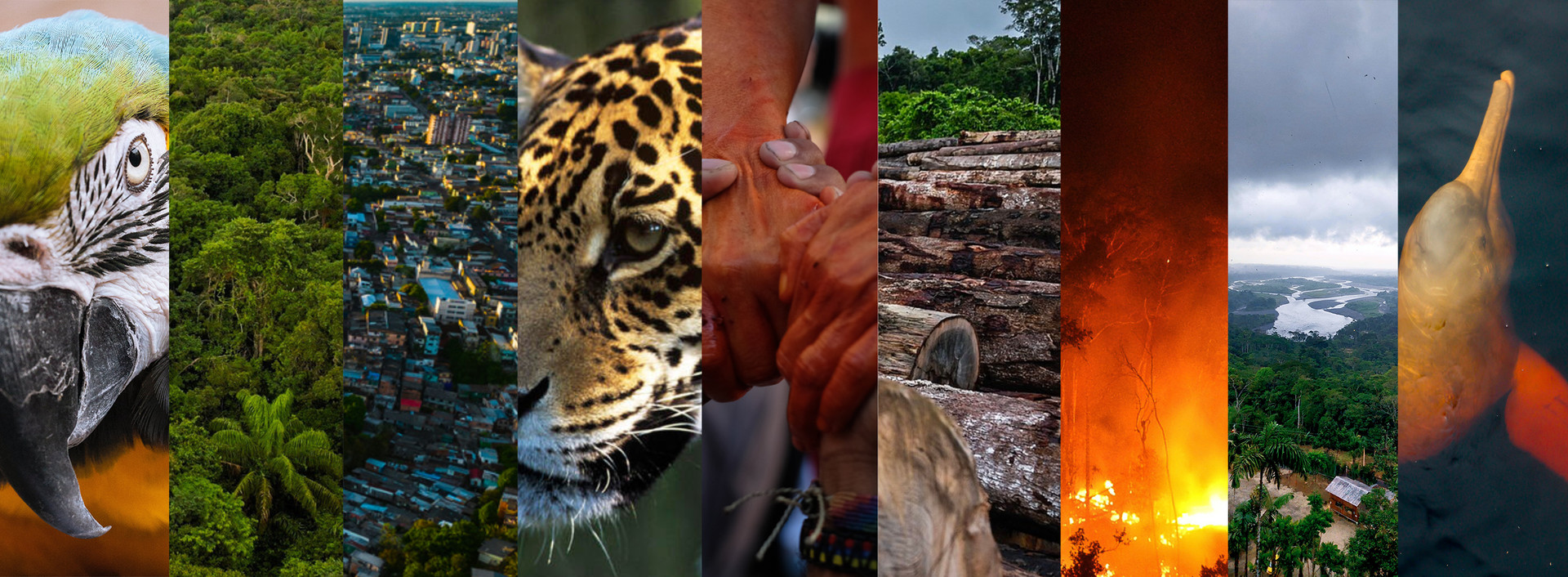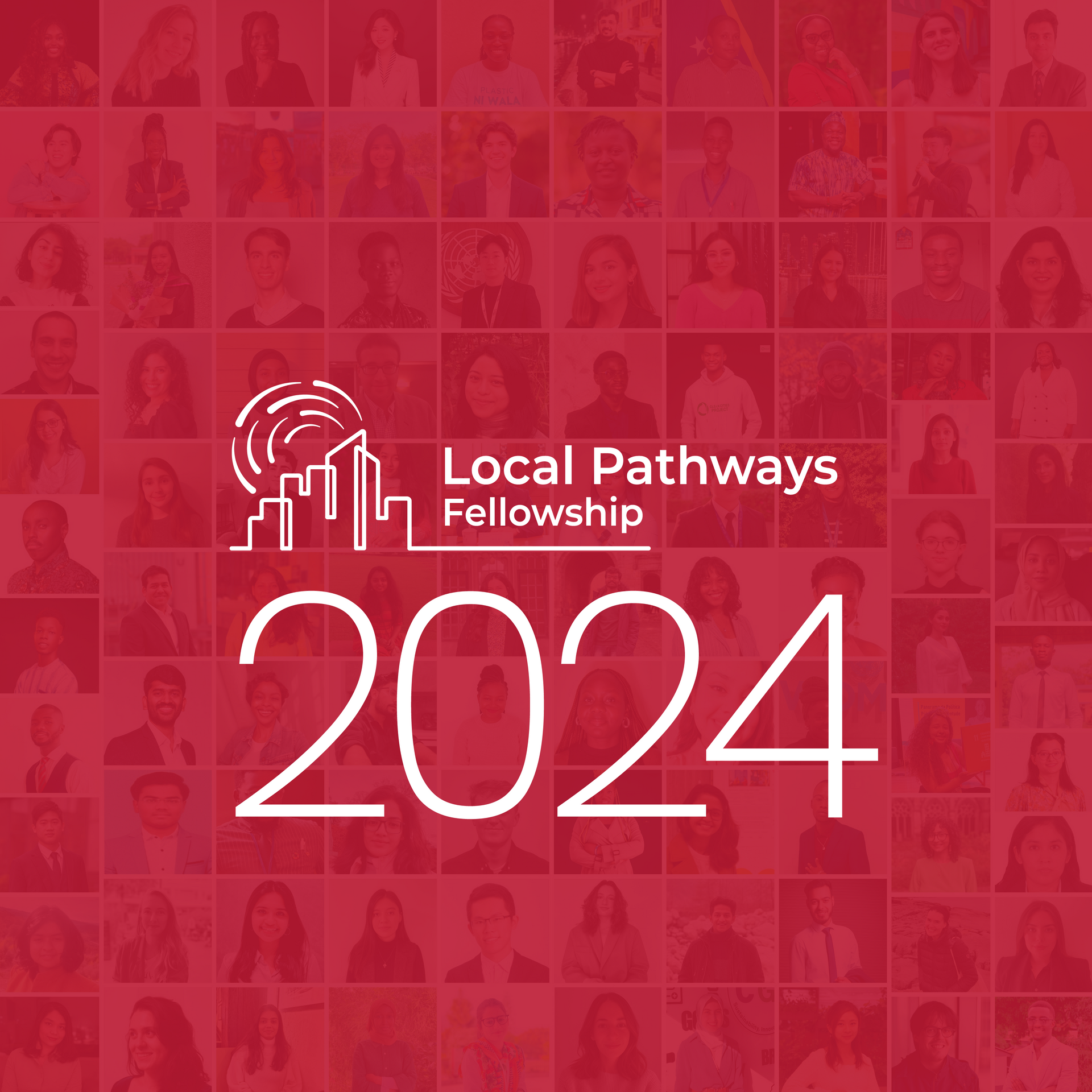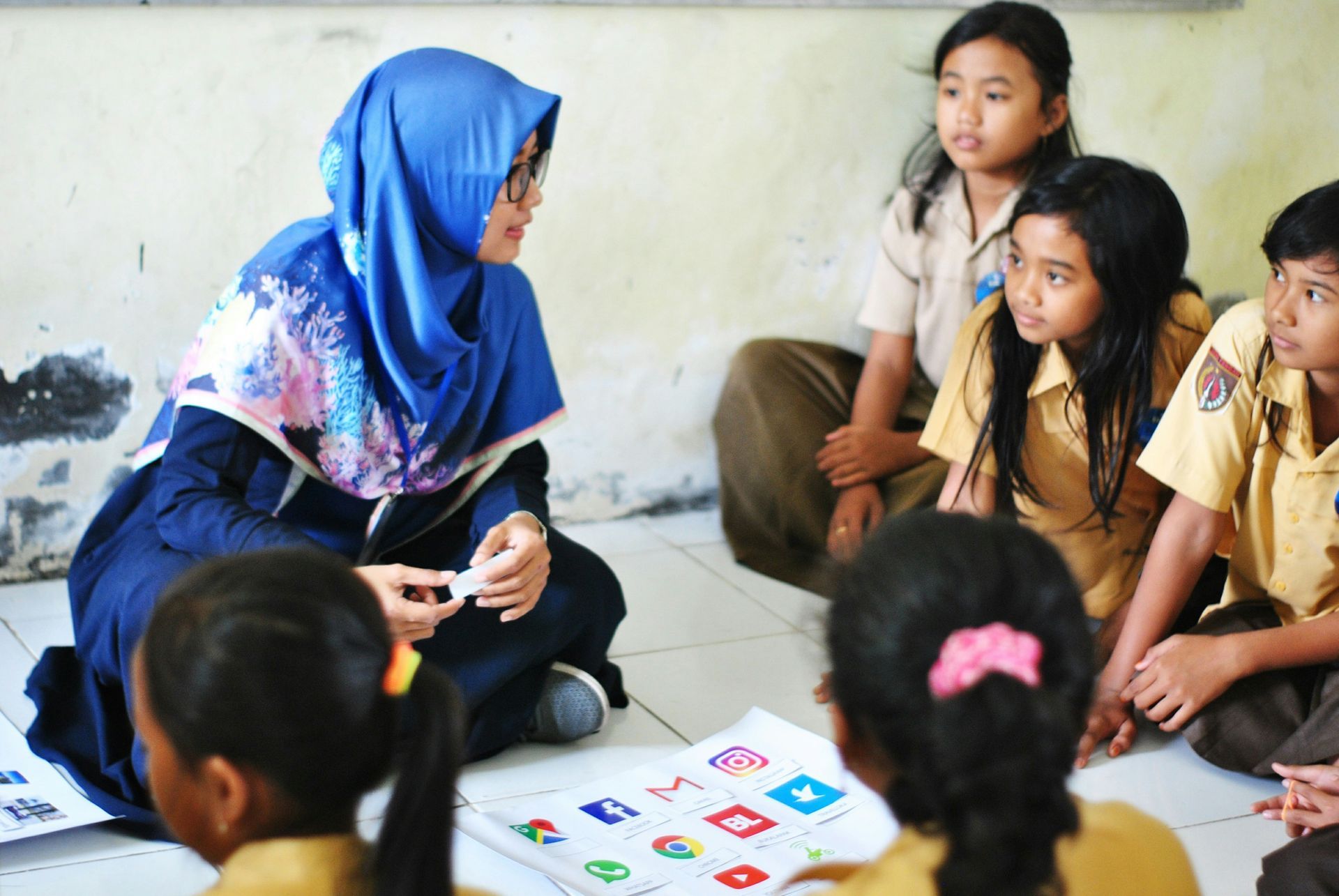By Info
•
05 Apr, 2024
Paris, Ile-de-France, France ABOUT SDSN The UN Sustainable Development Solutions Network (SDSN) has been operating since 2012 under the auspices of the UN Secretary-General. SDSN mobilizes global scientific and technological expertise to promote practical solutions for sustainable development, including the implementation of the Sustainable Development Goals (SDGs) and the Paris Climate Agreement. We aim to accelerate joint learning and promote integrated approaches that address the interconnected economic, social, and environmental challenges confronting the world. SDSN works closely with United Nations agencies, multilateral financing institutions, the private sector, and civil society. It is directed by Professor Jeffrey D. Sachs and operates through offices in New York, Paris, and Kuala Lumpur. POSITION SUMMARY The SDSN Paris Office is looking for an experienced Strategic Advisor to support partnership development and fundraising efforts. Working closely with the Vice President and Head of Paris Office the Strategic Advisor will be in charge of engaging with existing and potential global partners to advance the implementation of the SDGs. The Strategic Advisor will work closely with SDSN’s global network of Universities and Research Institutions as well as other partners. The Strategic Advisor will also contribute to supporting the efforts of the SDSN, in particular of the SDG Transformation Center , in tracking SDG policies at the country-level. The Strategic Advisor will report directly to the Vice President and Head of Paris Office and will work closely with the Director for Operations and Grant Management. PRINCIPAL RESPONSIBILITIES Partnerships, fundraising & reporting (50%): Lead and coordinate the fundraising strategy of the SDSN Paris, in collaboration with the VP and Head of Paris Office and senior managers. Prepare project proposals and approach potential partners including governments, philanthropists and foundations. Represent the SDSN Paris in high-level meetings. Liaise with senior managers in Paris to understand needs and strategic priorities. Gain transversal knowledge across projects of timelines, reporting mechanisms. Help increase the outreach and visibility of SDSN’s work and in particular the work of the SDG Transformation Center internationally. Contribute to donor compliance, audit processes and grant management. Communications & outreach (30%): Present the work of the SDSN in seminars, workshops and roundtables. Working closely with the SDSN Head of Communications, lead communications efforts for the SDSN Paris Office in particular the social media and website of the SDG Transformation Center and FABLE teams Help prepare press releases and liaise with reporters. Organize the logistics and send out invitations for high-level launch events. Analytical work on SDG policy & data (20%): In collaboration with the SDSN Networks’ team, prepare the annual survey and collect data on Government Efforts and Commitment for the SDGs Expand SDSN’s work on Policy Trackers for key SDG Transformations, in particular on SDG localization. Working closely with the SDG Index team, explore innovative ways to leverage geospatial (GIS) technologies to track SDG progress Provide inputs when needed to SDSN’s flagship reports and working papers, including the Sustainable Development Report & Global Commons Stewardship Index. Perform any other tasks as needed. QUALIFICATIONS, EDUCATION, AND EXPERIENCE An advanced University degree (Master’s or Ph.D) in economics, international studies, political science, business administration, industrial ecology, environmental science, or other relevant topic Experience working on sustainable development issues, preferably acquired in an international context Strong background in partnership development at the international level Experience in fundraising, managing donor relationships and preparing audit reports RELATED SKILLS Strong analytical, quantitative, and empirical research skills; and proven ability to link findings to public policy analysis and recommendations Proven ability to develop constructive relationships with key actors and networks in the area of environmental sustainability Diplomatic skills and ability to work in a team environment Knowledge of one statistical package, preferably STATA and/or R, would be a plus Fluency in English (both written and spoken) is required Professional capacity in French and other languages would be a plus IMPORTANT INFORMATION Location: Paris. The office has a hybrid model of work with 2-3 days at the office. Contract Length: CDD, 18 months (with possibility of conversion to a CDI). The selected candidate would start ideally by June 2024 or in September 2024. Salary Range: depending on experience. Benefits: SDSN offers generous leave allowances and flexible, hybrid work policy. SDSN team members are given the opportunity to follow some of the most thought-provoking discussions on sustainability. In their work, team members get the opportunity to meet and exchange with some of the world’s greatest leaders in sustainable development – professors, economists, bestselling authors, educators, and academics. With such unique exposure and environment, each member of SDSN can learn and grow while doing the work they love and contribute with a positive impact. Reports to: VP and Head of the Paris Office Work authorization: SDSN does not sponsor visas, and therefore applicants must have the right to work in France. SDSN IS AN EQUAL OPPORTUNITY EMPLOYER SDSN provides equal employment opportunities to all employees and applicants for employment without regard to unlawful considerations of race, color, creed, religion, gender, sex, national origin, ancestry, citizenship status, genetic information, military or veteran status, age, and physical or mental disability, or any other classification protected by applicable local, state, or federal laws. APPLICATION PROCESS To apply, please submit a cover letter , your CV and references on HR Partner . Application materials should be submitted in English preferably (but possible also to submit them in French). Deadline for applying: 23 April 2024 (Applications will be reviewed on a rolling basis) ---------------------------------------------------------------------------------------------------------------------------- CONSEILLER/E STRATEGIQUE A PROPOS DE SDSN UN Sustainable Development Solutions Network (“SDSN”) opère depuis 2012 sous les auspices du Secrétaire Général de l'ONU. SDSN mobilise l'expertise scientifique et technologique mondiale afin de promouvoir des solutions pratiques pour le développement durable, notamment la mise en œuvre des Objectifs de Développement Durable (ODD) et de l'Accord de Paris sur le climat. Nous visons à accélérer l'apprentissage commun et à promouvoir des méthodes intégrées qui répondent aux défis économiques, sociaux et environnementaux interconnectés auxquels le monde est confronté. SDSN travaille en étroite collaboration avec les agences des Nations Unies, les institutions financières multilatérales, le secteur privé et la société civile. Il est dirigé par le professeur Jeffrey D. Sachs et fonctionne par l'intermédiaire de bureaux à New York, Paris et Kuala Lumpur. A PROPOS DU POSTE A POURVOIR Le bureau parisien du SDSN recherche un/e conseiller/conseillère stratégique expérimenté/e pour soutenir le développement de partenariats et les efforts de collecte de fonds. En étroite collaboration avec le Vice-Président - Chef du bureau de Paris, le/la conseiller/conseillère stratégique sera chargé/e de nouer des relations avec des partenaires au niveau mondial afin de faire progresser la mise en œuvre des ODD. Le/la conseiller/conseillère stratégique travaillera en étroite collaboration avec le réseau mondial d'institutions internationales, nationales et d'universités et centres de recherche de SDSN ainsi qu'avec d'autres partenaires. Le/la conseiller/conseillère stratégique contribuera également à soutenir les efforts du SDSN, en particulier ceux du Centre de transformation des ODD , dans le suivi des politiques relatives aux ODD au niveau national. Il/elle rendra compte directement au Vice-Président - Chef du bureau de Paris et travaillera en étroite collaboration avec la Directrice des Opérations & de la Gestion des Subventions. PRINCIPALES RESPONSABILITES Partenariats, collecte de fonds et suivi (50%) : Diriger et coordonner la stratégie de collecte de fonds du SDSN Paris, en collaboration avec le Vice-Président - Chef du bureau de Paris et les managers. Préparer des propositions de projets et approcher des partenaires potentiels, y compris des gouvernements, des philanthropes et des fondations. Représenter le SDSN Paris dans des réunions de haut niveau. Assurer la liaison avec les managers à Paris pour comprendre les besoins et les priorités stratégiques. Acquérir une connaissance transversale des échéances et des mécanismes d'établissement de rapports pour l'ensemble des projets. Contribuer à accroître la portée et la visibilité du travail du SDSN et en particulier du travail du SDG Transformation Center à l'échelle internationale. Contribuer au respect des exigences des donateurs, aux processus d'audit et à la gestion des subventions. Communication et sensibilisation (30 %) : Présenter le travail du SDSN lors de séminaires, d'ateliers et de tables rondes. En étroite collaboration avec la responsable de la communication du SDSN, diriger les efforts de communication pour le bureau de Paris du SDSN, en particulier les médias sociaux et le site web du SDG Transformation Center et de l’équipe FABLE. Aider à préparer les communiqués de presse et assurer la liaison avec les journalistes. Organiser la logistique et envoyer les invitations pour les événements de lancement de haut niveau. Travail analytique sur la politique et les données relatives aux ODD (20 %) : En collaboration avec l'équipe du réseau SDSN, préparer l'enquête annuelle et collecter des données sur les efforts et l'engagement des gouvernements en faveur des ODD. Développer le travail du SDSN sur les indicateurs de suivi des politiques pour les transformations clés des ODD, en particulier sur la localisation des ODD. En étroite collaboration avec l'équipe de l'indice SDG, explorer des moyens innovants d'exploiter les technologies géospatiales (GIS) pour suivre les progrès des SDG. Contribuer, le cas échéant, aux rapports et documents de travail phares du SDSN, notamment le rapport sur le développement durable et le Global Commons Stewardship Index (indice mondial de gestion des ressources communes). Effectuer toute autre tâche nécessaire. QUALIFICATIONS, FORMATION ET EXPERIENCE Diplôme universitaire supérieur (Master ou doctorat) en économie, études internationales, sciences politiques, administration des affaires, écologie industrielle, sciences de l'environnement ou autre sujet pertinent. Expérience de travail sur les questions de développement durable, acquise de préférence dans un contexte international. Solide expérience en matière de développement de partenariats au niveau international. Expérience de la collecte de fonds, de la gestion des relations avec les donateurs et de la préparation de rapports d'audit. COMPETENCES CONNEXES Solides compétences en matière d'analyse, de recherche quantitative et empirique ; et capacité avérée à relier les résultats à l'analyse et aux recommandations en matière de politique publique. Capacité avérée à développer des relations constructives avec des acteurs et des réseaux clés dans le domaine de la durabilité environnementale. Compétences diplomatiques et capacité à travailler en équipe. La connaissance d'un progiciel statistique, de préférence STATA et/ou R, serait un plus. La maîtrise de l'anglais (à l'écrit et à l'oral) est requise. Une capacité professionnelle en français et dans d'autres langues serait un plus. INFORMATION IMPORTANTE Lieu de travail: Paris. Le bureau suit un mode de travail hybride, avec une présence au bureau à raison de 2-3 jours par semaine. Durée du contrat: CDD, 18 mois (avec la possibilité d’une extension en CDI). Le/la candidat/e sélectionné/e commencera idéalement en juin 2024 ou en Septembre 2024. Avantages: SDSN offre des congés généreux et une politique de travail flexible et hybride. Les membres de l'équipe de SDSN ont la possibilité de suivre certaines discussions très recherchées sur le développement durable. Dans le cadre de leur travail, les membres de l'équipe ont l'occasion de rencontrer et d'échanger avec certains des plus grands leaders mondiaux en matière de développement durable - professeurs, économistes, auteurs de best-sellers et universitaires. En outre, l'équipe du SDSN est composée de professionnels du développement durable brillants et dynamiques, issus de pays et d'horizons différents. Grâce à cette exposition et à cet environnement uniques, chaque membre de SDSN peut apprendre et se développer tout en faisant le travail qu'il aime et en contribuant à un impact positif. Superviseur: Vice-Président et chef du bureau de Paris Permis de travail: SDSN ne sponsorise pas les visas, et par conséquent, les candidats doivent avoir un permis pour travailler en France. EGALITE DES CHANCES A L’EMPLOI SDSN est un employeur offrant l'égalité des chances et tous les candidats qualifiés seront considérés de la même manière. PROCESSUS DE CANDIDATURE Pour postuler, veuillez soumettre un CV , une lettre de motivation et les coordonnées de référence à HR PARTNER jusqu’au 23 avril 2024 . (Les candidatures seront examinées au fur et à mesure.) Les dossiers de candidature doivent être soumis en anglais de préférence (mais il est également possible de les soumettre en français)



